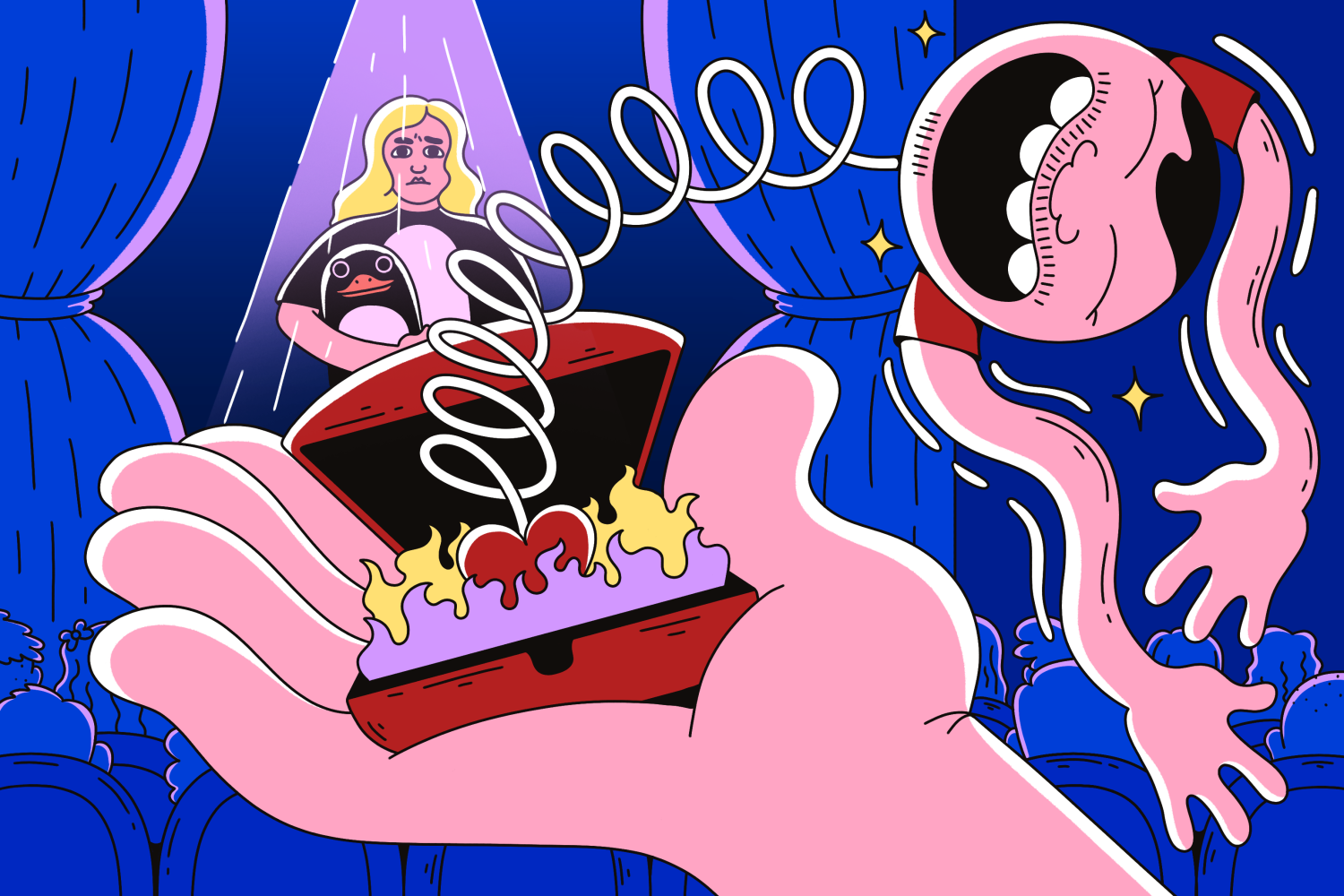
Four years after a tumultuous 2.5-year relationship ended, a woman receives a text from her ex-boyfriend, Adam, inviting her to lunch at Canter’s in Los Angeles. Initially surprised, she accepts, intrigued yet wary of the man who had previously dismissed her comedic pursuits and treated her poorly. The reunion reveals a changed Adam, appearing visibly older and lacking the mischievous twinkle in his eye that had initially captivated her. This absence, however, provides a sense of relief, allowing her to maintain control of the encounter.
Memories of Adam’s erratic behavior flood back – intense mood swings fueled by excessive alcohol consumption, episodes of childish regression, verbal abuse, and constant flirting with other women. He had openly compared her unfavorably to his exes, even suggesting she wasn’t as intelligent because she didn’t read as many books. The casual cruelty extended to small, deliberate acts of disregard, such as consistently ignoring her when she said “Bless you” after he sneezed, a stark contrast to his affectionate demeanor with other women.
During the lunch, Adam acknowledges his past failings as a boyfriend, expressing fear that he had negatively impacted her future relationships. While tempted to confront him directly, the woman refrains as he becomes emotional, remembering his tearful breakup with her years before, initiated because she hadn’t expressed enough anger towards him. The lunch, initially intended as a casual reunion, takes an unexpected turn as Adam’s revelation sparks a deeper conversation.
The woman reveals she’s pursuing a comedy career in L.A. and, emboldened by a newfound confidence, invites him to her upcoming improv show at Upright Citizens Brigade. This decision represents a significant step – a chance to showcase her growth and perhaps confront the past. The show itself proves challenging, hampered by distracting candy distribution, but she manages to deliver a powerful line during an improv breakup scene, indirectly addressing Adam’s past failings: “You never even told me you loved me!”
Following the performance, the group heads to Birds for drinks. However, Adam’s behavior becomes increasingly dismissive and rude, openly ignoring her friends and expressing his displeasure at being there. His actions trigger a familiar sense of inadequacy, but this time, the woman resists internalizing his negativity. She recognizes his behavior for what it is – blatant disregard and a continuation of his past patterns.
The evening culminates in an astonishingly inappropriate proposal. Without a ring or any apparent reason, Adam blurts out, “Will you marry me?” Her immediate rejection is met with his dramatic declaration of “I’m freeee!” – a childish outburst that highlights the profound disconnect between their perspectives. His actions underscore his self-centeredness and inability to take responsibility for his past actions, leaving the woman to realize the true extent of his immaturity.
The unexpected proposal serves as a powerful catalyst for the woman’s self-realization. It becomes crystal clear that her initial motivation for the lunch – the hope for renewed connection, validation, and love – was misplaced. Adam remains unchanged, reinforcing the reality that any further pursuit of a relationship would be futile. The encounter ultimately liberates the woman, not from a curse as Adam might believe, but from the lingering hope of a better future with him. The experience underscores the importance of self-worth and the necessity of severing ties with those who consistently fail to appreciate and respect one’s value.
The narrative serves as a poignant reflection on the complexities of past relationships, the challenges of moving on, and the ultimate triumph of self-discovery and empowerment. It is a story of reclaiming one’s agency and recognizing the importance of setting boundaries to protect one’s emotional well-being. The woman’s journey from initial hesitancy to decisive rejection showcases a remarkable transformation, highlighting the power of self-acceptance and the courage to let go of relationships that are no longer serving one’s best interests.
The narrative’s strength lies in its honest portrayal of both vulnerability and strength, offering a relatable perspective on the emotional rollercoaster of navigating past relationships. The author’s willingness to share her experience with such raw honesty makes the story even more compelling, resonating with readers who may have faced similar challenges in their own lives. The details, from the specific location of Canter’s to the awkwardness of the improv show and the final scene at Birds, create a vivid and immersive reading experience. The conclusion offers a satisfying sense of closure, emphasizing the protagonist’s triumph over the lingering influence of a toxic past relationship.
Ultimately, the narrative transcends a simple recounting of a failed relationship; it becomes a testament to personal growth, resilience, and the importance of self-love. The woman’s journey is one that many will find relatable, offering a message of hope and empowerment to those navigating similar experiences. The vivid descriptions of the settings and interactions, combined with the raw emotionality of the narrative, make it a compelling and unforgettable read.

